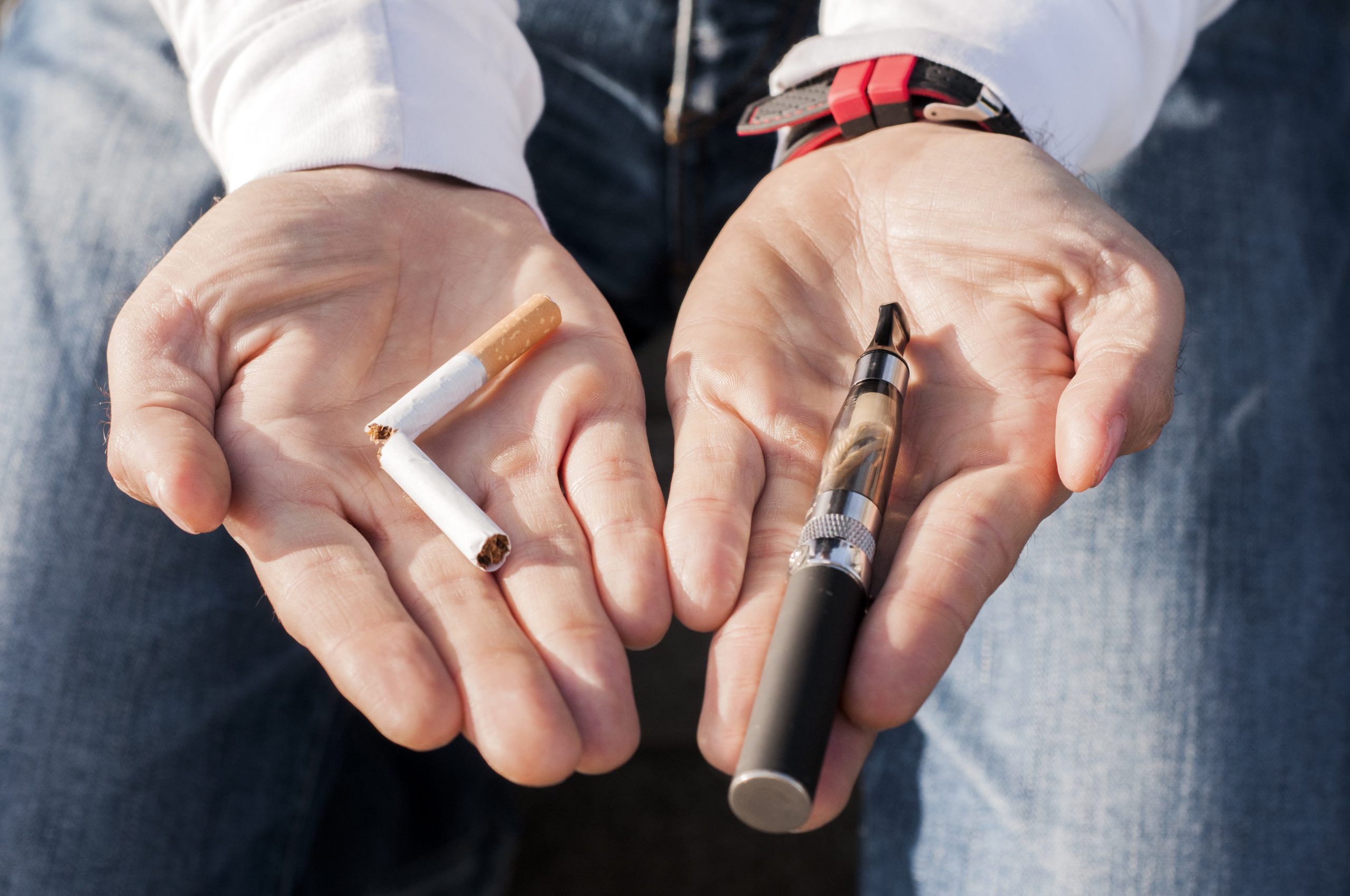Richard Edwards, Driss Ait Ouakrim, Tim Wilson, Andrew Waa, Raglan Maddox, Jennifer Summers, Coral Gartner, Raymond Lovett, Nick Wilson, Tony Blakely*
This blog responds to a recent online critique of a study that modelled how key components of the Smokefree Aotearoa Action Plan would affect smoking prevalence. Given the interest in the study due to developments with the Action Plan and associated legislation before Parliament, we published our findings as a pre-print while it was undergoing peer-review at an academic journal. The online critique made several criticisms of the methods of our study and the conclusion that mandated denicotinisation of smoked tobacco products would likely profoundly reduce smoking prevalence and health inequities. The key criticism – that we relied mainly on evidence from a single randomised controlled trial (RCT) of very low nicotine cigarettes (VLNCs) – is incorrect. Further, the critique and associated press coverage incorrectly imply that the case for mandated denicotinisation is weak and thus that the policy is not justified. The exact impact of mandated denicotinisation is uncertain because it has never been implemented outside of research studies which only partially simulate the policy. However, modelling studies, trials, other evidence and careful logical analysis of the policy strongly suggest it will be highly effective as the key policy to dramatically lower smoking prevalence and reduce health loss and inequalities when implemented in the Aotearoa/New Zealand (A/NZ) context.
Continue reading →





